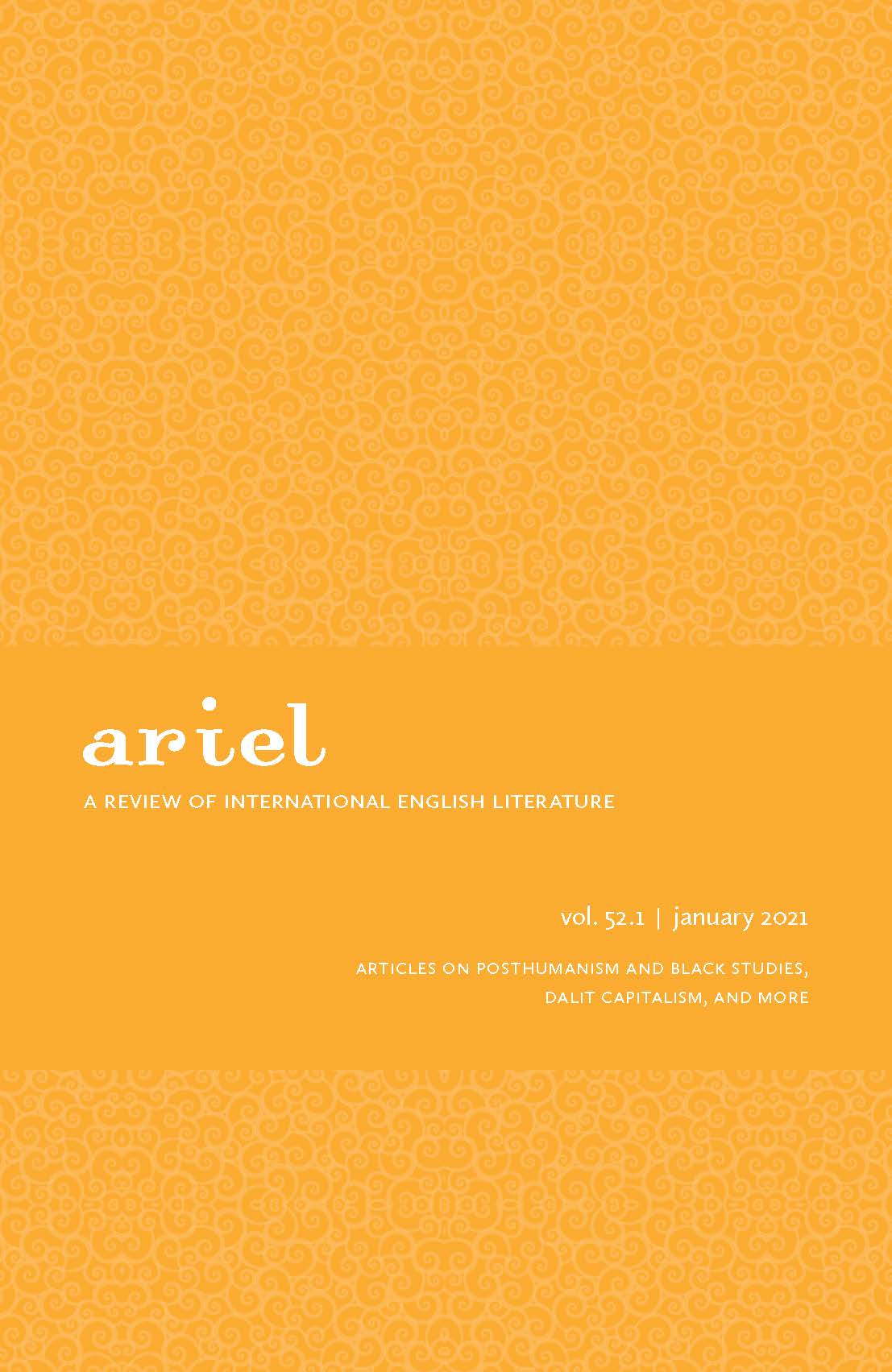Umpire, Empire: Kamau Brathwaite, Victorian Athletic Education, and the Literature of Self-Rule
Keywords:
decolonization, international sports, world literature, colonial education, refereeAbstract
Because writers around the British empire grew up with a shared experience of Victorian athletic education, scenes depicting English sport turn out to be pivotal moments in major works of the literature of decolonization. From the early works of R.K. Narayan and Chinua Achebe to more recent masterpieces by Tsitsi Dangarembga and Derek Walcott, sport has given writers a way to reflect on their colonial curriculum and to re-stage the cultural contests that followed. This article sheds light on this seldom studied but remarkably widespread trope, arguing that decolonial writers turned their attention to the colonial playing field to make sense of the world’s literary field. Whereas scholars tend to study this body of work under the aegis of “comparative” or “world” literature, the writers’ own athletic analogies suggest that twentieth-century literature is, instead, competitive and international. Strategizing for this international game—and following the footsteps of colonial modernists James Joyce and Mulk Raj Anand—Kamau Brathwaite fixates on the figure of the imperial umpire, wresting the power of arbitration over his own poetry.


